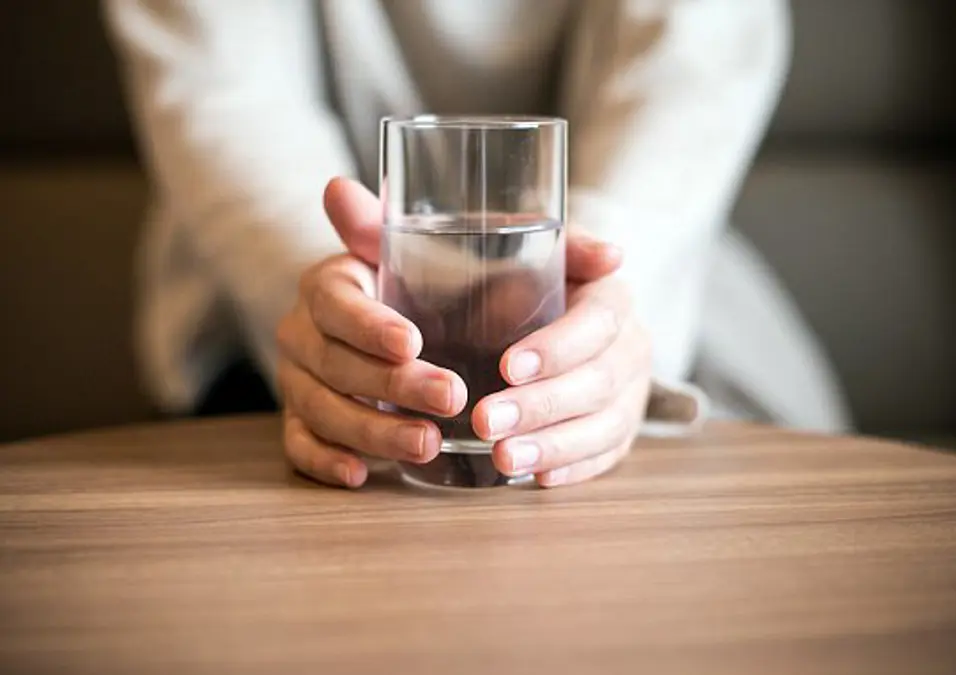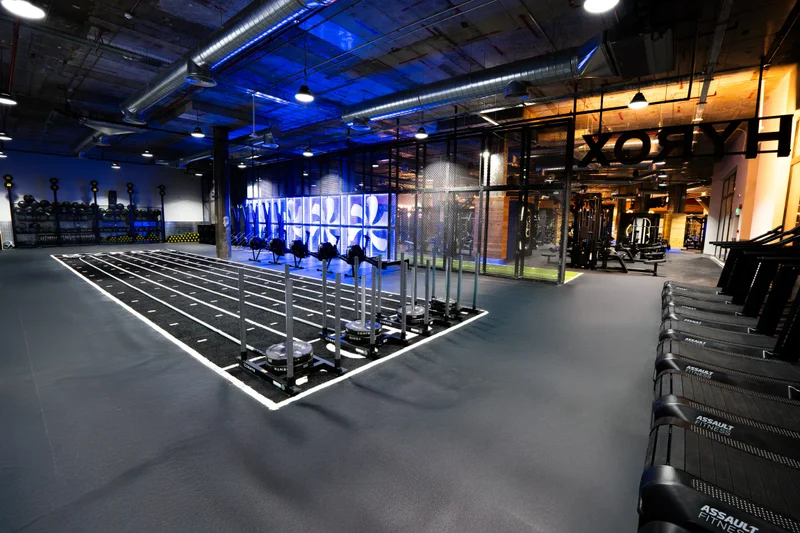Costa Rican Man's 21-Day Water Fasting: Is it Safe?

SIGN UP FOR YOUR FREE DAY PASS TODAY!
With a plethora of diets and workout trends out there, a unique weight loss story has been making waves online.
Addis Miller, a native of Costa Rica, recently gained attention for his innovative method of losing weight quickly and effectively.
He claims to have shed 13 kilos in just 21 days through water fasting. In a YouTube video, he shared his experience and insights, stating, “Earlier this year, I went on a 21-day water fast in Costa Rica.
This event was life-changing for me, and I am delighted to share some of the most memorable experiences from my journey.”
While his transformation has gone viral, it’s important to note that his approach may not be safe for everyone.
Miller’s Experience with Water Fasting
Miller approached the fast with an open mind and a sense of comfort. In the initial days, he felt his body was detoxifying, with frequent belly rumbling and noticeable fatigue.
He started by drinking four liters of water daily but soon realized he needed more, as his skin began to dry out and he woke up with a bloodshot eye.
By the 14th day, a pivotal moment arrived, allowing him to connect deeply with nature and his surroundings.
He felt overwhelmed by the emotions and sensations. By the 19th day, he wasn’t hungry and felt spiritually renewed, but his physical strength was waning.
He concluded that the fast was a life-changing experience for him.
In an Instagram post, Miller highlighted several benefits he experienced after water fasting:
· Recovered sense of smell from long Covid
· Improved memory
· Enhanced hearing
· Healthier relationship with hunger
· Reduced digestive issues
· Enhanced taste
· Better lymphatic system function
· Fewer aches and pains
· Clearer, more hydrated skin
While it worked for Miller, is water fasting safe for everyone to try?
What is Water Fasting?
“Water fasting is a practice where you abstain from all food and consume only water for a set period, typically for a day,” says dietician Gauri Anand.
This diet involves consuming 2-3 liters of water daily with no calorie intake.
Although believed to be effective in the short term, it should not be maintained for long periods due to potential side effects.
A study published in the Global Advances in Health Medicine Journal suggests water fasting may have some benefits.
Does Water Fasting Aid Weight Loss?
Reducing food intake leads to weight loss because your body uses stored fat for energy when glucose from carbohydrates is depleted.
This state, known as ketosis, causes your body to burn fat for fuel.
Additionally, consuming zero calories forces your body to tap into its reserves, including fat, resulting in weight loss, as noted in a study published in the StatsPearl Journal.
Other Benefits of Water Fasting
1. May Reverse Type-2 Diabetes
Fasting may make your cells more responsive to insulin, potentially reversing type-2 diabetes.
A short trial with 36 diabetics found that 90% reduced their diabetes medications, and over half experienced remission, according to a study in the Endocrine Society Journal.
2. May Lower Blood Pressure
Short-term water fasting might lower blood pressure.
A 2022 study in the Nutrients Journal found significant reductions in both systolic and diastolic blood pressure after a 10-day water-only fast and five days of refeeding.
3. May Trigger Autophagy
Fasting may initiate autophagy, a process where the body cleans out and recycles damaged cells, potentially contributing to overall health and slowing aging, as per a study in the Ageing Research Review.
How to Start Water Fasting?
You cannot start water fasting abruptly. Here’s a guide on how to prepare and start water fasting:
Preparation (3-4 days before):
· Reduce Calorie Intake: Gradually reduce portion sizes and eliminate processed meals, sugary drinks, and excessive caffeine.
· Hydrate: Drink at least 2-3 liters of water daily.
· Choose a Fasting Window: Pick a timeframe that allows rest and light physical activity.
· Inform Others: Notify family, friends, and coworkers about your fasting plans.
During the Fasting Period:
· Water is Key: Drink plain water, herbal teas (without sweeteners), or black coffee (no cream or sugar). Aim for 2-3 liters of water daily.
· Electrolyte Support: Add electrolytes to your water, especially for extended fasts, but consult your doctor first.
· Listen to Your Body: Rest periodically and break your fast if you experience severe discomfort, dizziness, or vomiting.
· Limit Activity: Avoid strenuous exercise. Light walks or moderate yoga are acceptable.
Breaking the Fast:
· Gentle Reintroduction: Start with easily digestible foods like bone broth, fruits, and vegetables. Gradually increase portion sizes.
· Continue Hydration: Maintain high water intake even after breaking the fast.
· Listen to Your Body: Adjust food intake based on your body’s signals.
Potential Side Effects of Water Fasting
Water fasting can be dangerous for some people, especially those with:
· Eating Disorders
It may promote disordered eating or trigger the binge-restrict cycle, leading to eating disorders.
· Pregnancy and Breastfeeding
Nutritional and caloric needs increase during pregnancy and breastfeeding, making fasting inadvisable.
· Type 1 Diabetes
Fasting is not recommended for those with type 1 diabetes. People with type 2 diabetes should consult their doctor before fasting to avoid hypoglycemia and other complications.
Is Water Fasting Safe?
Water fasting can be safe for some people under certain conditions. Short fasts are generally well-tolerated.
However, it’s crucial to stop if you notice any unusual signs and consult a doctor before starting, especially if you have any medical conditions.
It’s not recommended for pregnant women, children, or those with specific medical issues.
Consider discussing intermittent fasting with your doctor as a potentially safer and more sustainable option for achieving health goals.
Source: healthshots
The opinions shared in the GymNation blog articles are solely those of the respective authors and may not represent the perspectives of GymNation or any member of the GymNation team.
GET YOUR FREE TRIAL TODAY

























































































